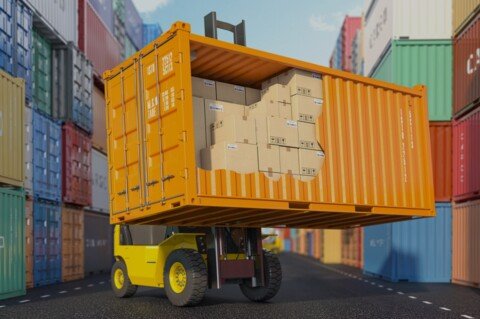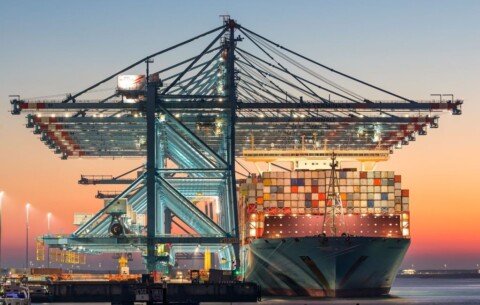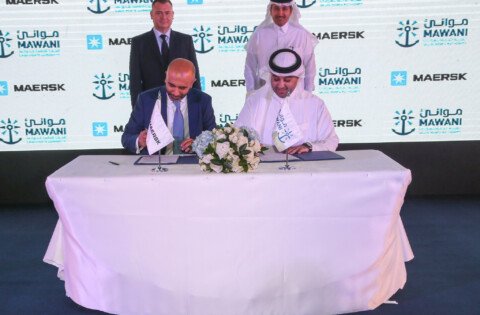Repsol and Navantia have signed a collaboration agreement to jointly develop innovative solutions to decarbonise maritime transport.
Both are keen to reinforce their commitment to accelerate the energy transition and achieve carbon neutrality, in line with the greenhouse gas (GHG) emission reduction targets of Spain, the EU, the UN and the International Maritime Organisation.
The two companies will jointly evaluate the performance of new low carbon footprint liquid fuels to be supplied by Repsol ̶ biofuels and synthetic fuels ̶ in engines manufactured by Navantia, both propulsion and generation.
Repsol will contribute its research infrastructures from its Repsol Technology Lab. Key to the implementation of the project will be the pilot plants and blending laboratories, where Repsol will formulate the widest range of fuels with a low carbon footprint, specifically for maritime transport.
The Navantia Engine Factory will provide the technical knowledge of the engines and will make its facilities in Cartagena available to the project, as well as test benches and diagnostic equipment.
Navantia’s participation is in line with the roadmap of Navantia’s Green Energy Department and will include the collaboration of the Center of Excellence for Hydrogen Technologies and Energy Storage (CEDTH) created by Navantia in Cartagena.
Repsol and Navantia, through its CEDETH, will explore new areas of collaboration in hydrogen.
In addition, Repsol will build one of the world’s largest synthetic fuels plants in Bilbao, together with Saudi Aramco.
News Update
-
What Sets the Best LTL Logistics Companies Apart for Trade Show Shipping?
-
VECV secures major UPSRTC order for buses and trucks
-
South Korea extends support to India’s shipbuilding push following budget boost
-
Rhenus expands partnership with Blue Yonder to standardise global IT systems
-
Union Budget 2025-26 strengthens logistics, air cargo, and infrastructure







